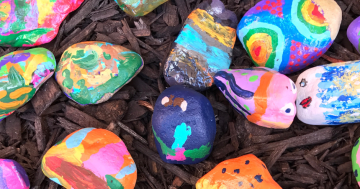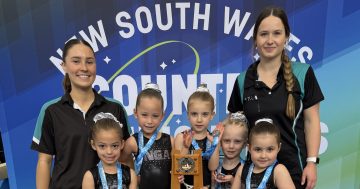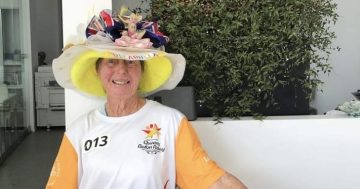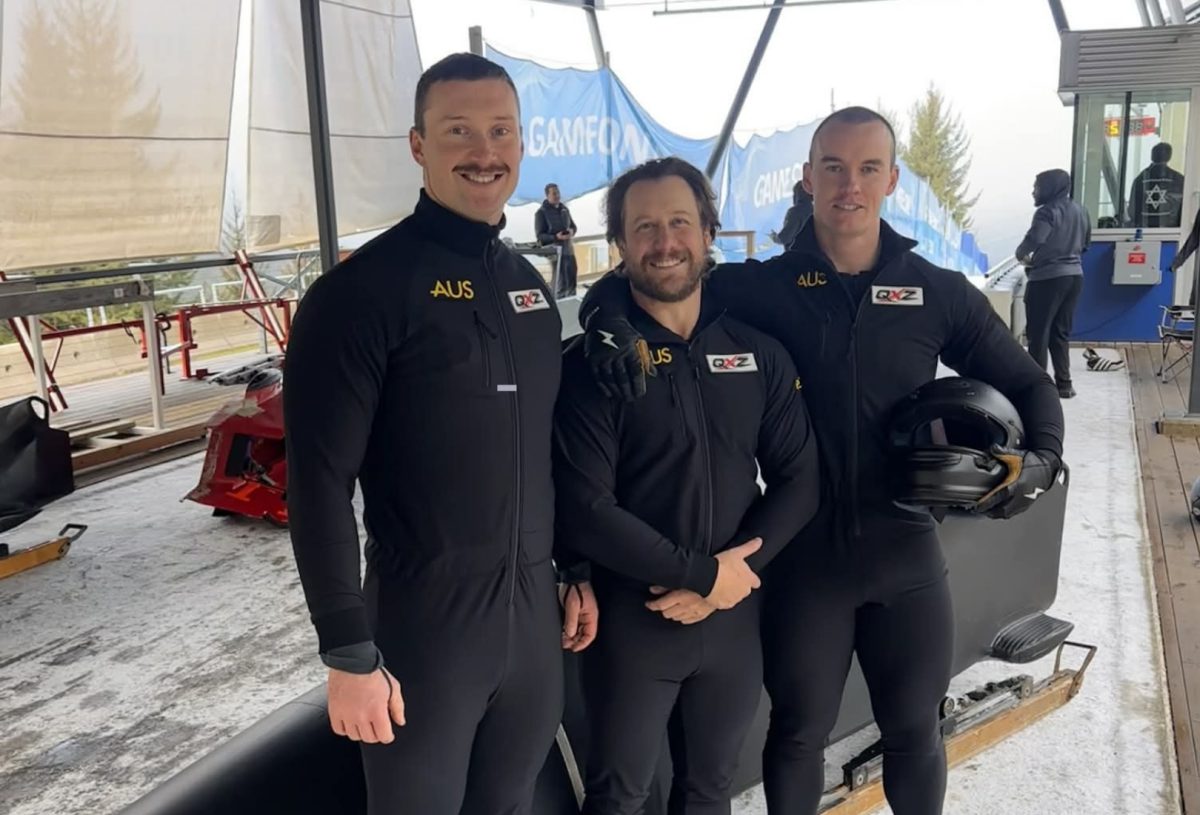
Australian bobsled team members with ties to Wollongong are (l-r) Adam Schuback, Rhys Peters and Ben Forst. Photo: Supplied.
From the sun-soaked footy fields of Wollongong to frozen international bobsleigh tracks in North America, three Illawarra athletes are chasing their own Cool Runnings dream as they race towards a shot at the 2026 Milan Winter Olympics.
Wollongong’s former AFL academy players Ben Forst and Adam Schuback are in Canada and the US, with former Wollongong rugby player, now Brisbane-based athlete Rhys Peters, as part of a seven-man team chasing the goal of qualifying for the two-man and four-man bobsleigh.
Elise Davey, Forst’s partner, co-worker at Movement Therapy’s Picton clinic and biggest supporter, said what began as a casual gym invitation from a mate in 2023 had transformed into a potential Olympic campaign that sees him hurtling down icy mountains in a tin can at 150 km/h.
“They’ve gone from Wollongong footy players to now representing Australia at bobsled – that’s the biggest turnaround,” Elise said.
She said the exercise physiologist already came from a high level sporting background.
“Ben was a part of the AFL Swans Academy growing up, as well as with Figtree Kangaroos as a junior and Wollongong Lions in the senior competition,” she said.
“He also played in the Sydney comp for a little bit.
“That stopped and he started training and got into power lifting and sprinting, and then bobsledding.”
Elise said taking part in bobsled trials in 2023 led to an invitation to Whistler, where he raced in the North American Cup.
She said part of the team this year was her good friend and housemate, Adam Schuback.
“Adam was a part of the AFL Swans Academy growing up also, and continued playing for the Figtree Kangaroos,” she said.
It’s been about a decade since the team’s pilot Rhys Peters left Wollongong for Brisbane, having had a background playing high level rugby union, including with the Randwick Colts in Sydney.
Elise said Forst and Schuback were brakemen for Bob Team Peters, but training in a warm coastal city such as Wollongong presented its own obstacles for them.
With no dedicated ice facilities, they primarily trained through gym workouts, weight training, sprints, and occasionally joining the team to train with a wheeled bobsled in Queensland.
“It doesn’t quite translate to be the same thing, so it is tricky,” she said.
“So when they get there, they’re in the ice house 24/7 just practising their starts.”
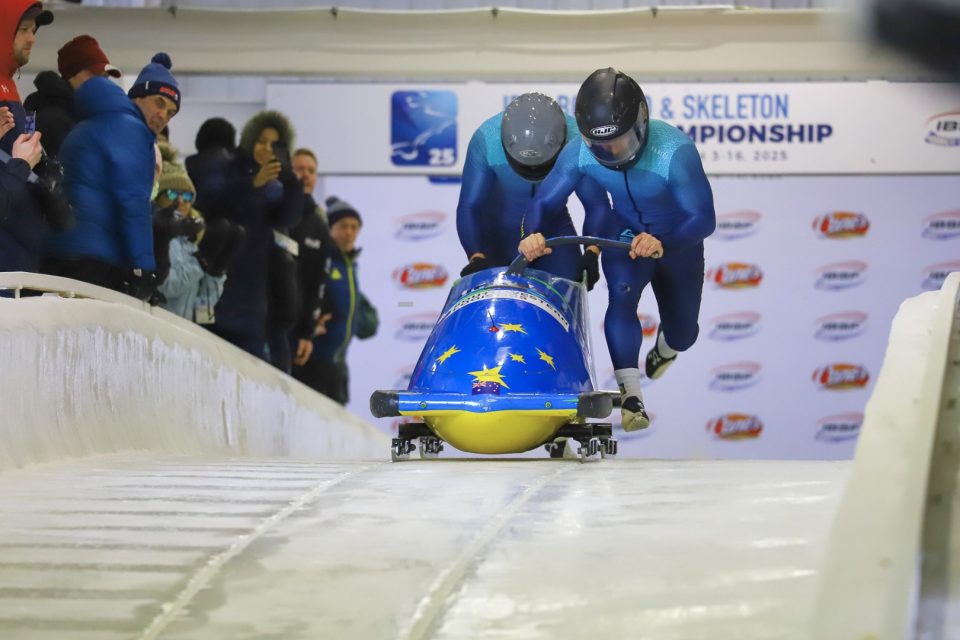
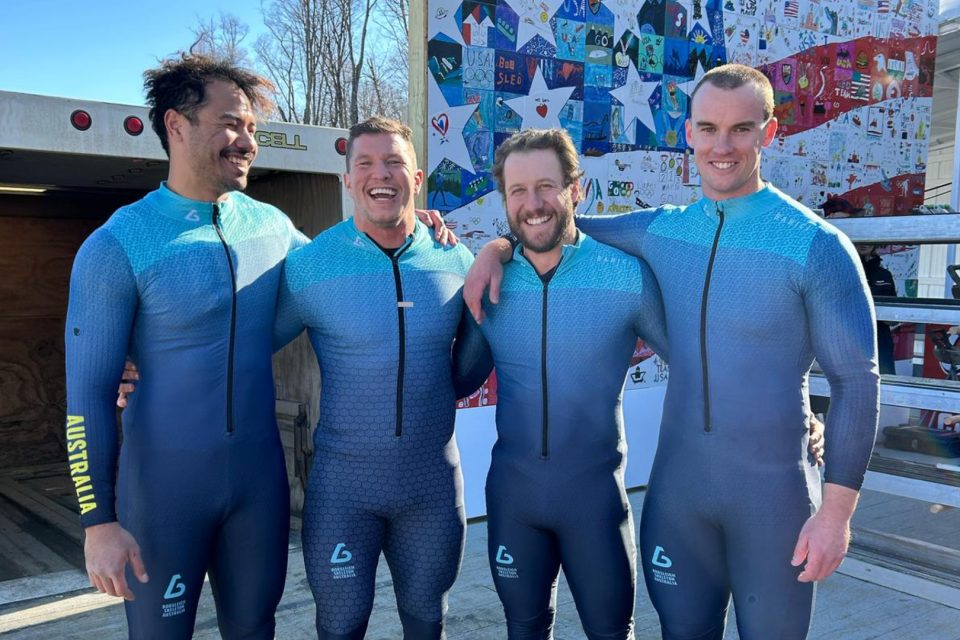
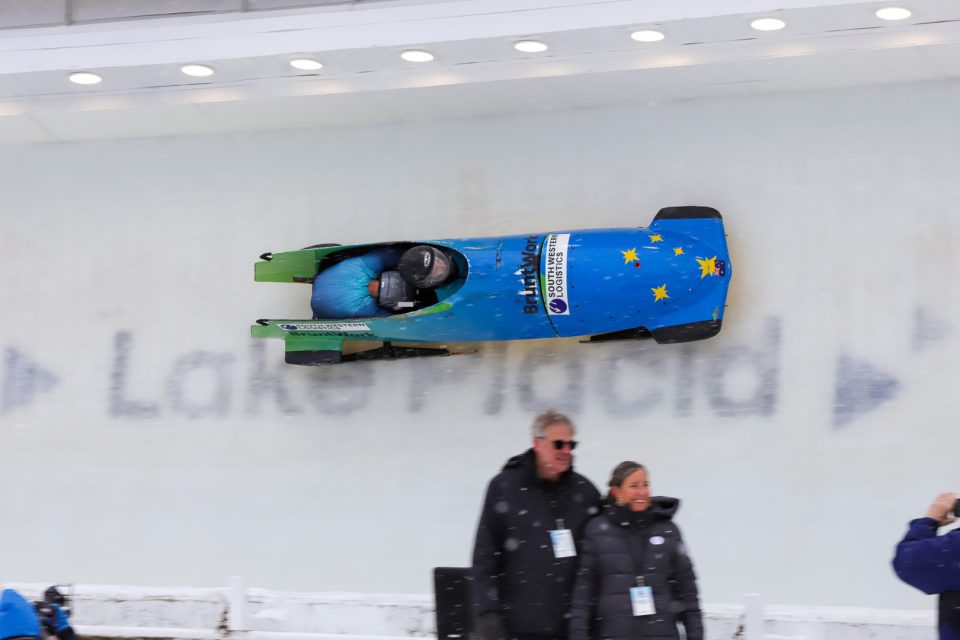
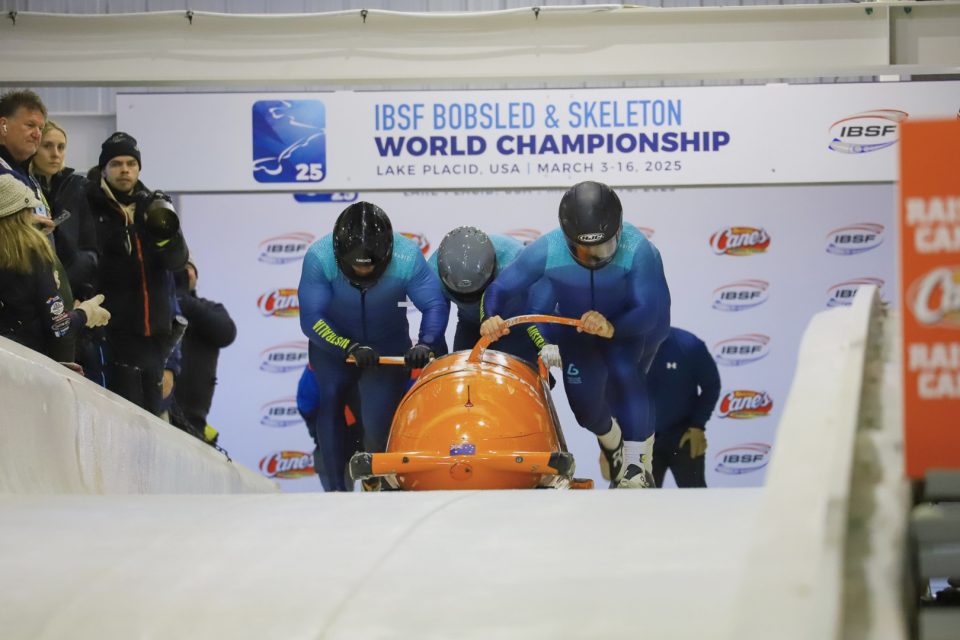
She said there were always interesting reactions when people asked what they were doing.
“It’s usually a quote from Cool Runnings,” she said of the popular film about the Jamaican national bobsleigh team at the 1988 Winter Olympics.
Just like in the movie, the path to Olympic qualification is challenging.
The team are competing in the North American Cup where they will race in 14 events in Whistler, Park City in Utah, and Lake Placid – each a crucial step towards securing Olympic qualification by 18 January.
“I think the biggest challenge at the moment is there’s two teams each for the two-man and the four-man events,” she said.
“In the history of Australia, they usually only qualify one sled per event.”
She said while Australia had achieved success in bobsleigh before, the team won’t know how they stack up until their first race on 20 November.
“I think they’re confident in some ways, but they know they have to work hard in other ways,” she said.
Elise said already they had put in a mammoth effort and overcome the difficulties of incorporating it into their lives, but funding remained a critical challenge.
“I know they’re all having time off work,” she said.
“Some of them have to leave jobs to stay, which is another big thing.”
Without a major sponsor, the athletes are self-funding their Olympic dream, with support coming from workplace donations and personal sacrifices.
Elise said Movement Therapy had been good at supporting Forst, allowing him to take leave without pay, dedicating himself entirely to training.
“He’s actually off for about three to five months, pending the outcome,” she said.
Forst and Schuback also have strong family and friends support in the Illawarra, and the odd stranger telling them to “feel the rhythm. Feel the rhyme. Get on up, it’s bobsled time”.
She said it wasn’t a cheap sport, but thankfully they had foundational elements set up.
But while they had previously flooded social media with photos decked out in budgie smugglers after a major company donation, they now relied on public support.
Donations can be made via the Australian Sports Foundation.








